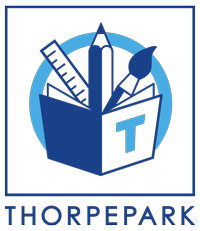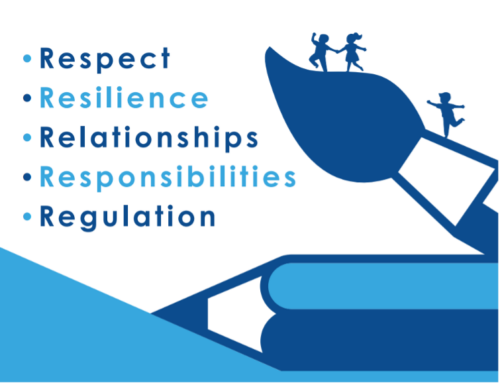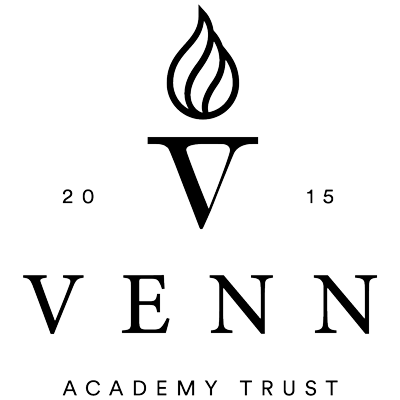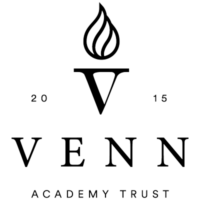The Early Years Foundation Stage
Play underpins our delivery of the Early Years curriculum.
Through play our children become active learners, explore and develop learning experiences which helps them to make sense of the world.
Children have the chance to explore ideas, learn how to manage feelings and resolve conflicts. They are given the space to explore and discover, to take risks and make mistakes within a safe and secure environment. We nurture a sense of curiosity by encouraging children to ask questions, reflect and problem solve on their own and with others.
Practitioners create an environment which is child focused which challenges, motivates and encourages learning through first-hand experiences.
Early Years learning comprises of 7 areas; 3 prime and 4 specific areas of learning:
The prime areas of learning are:
The specific areas of learning are:
Further information:
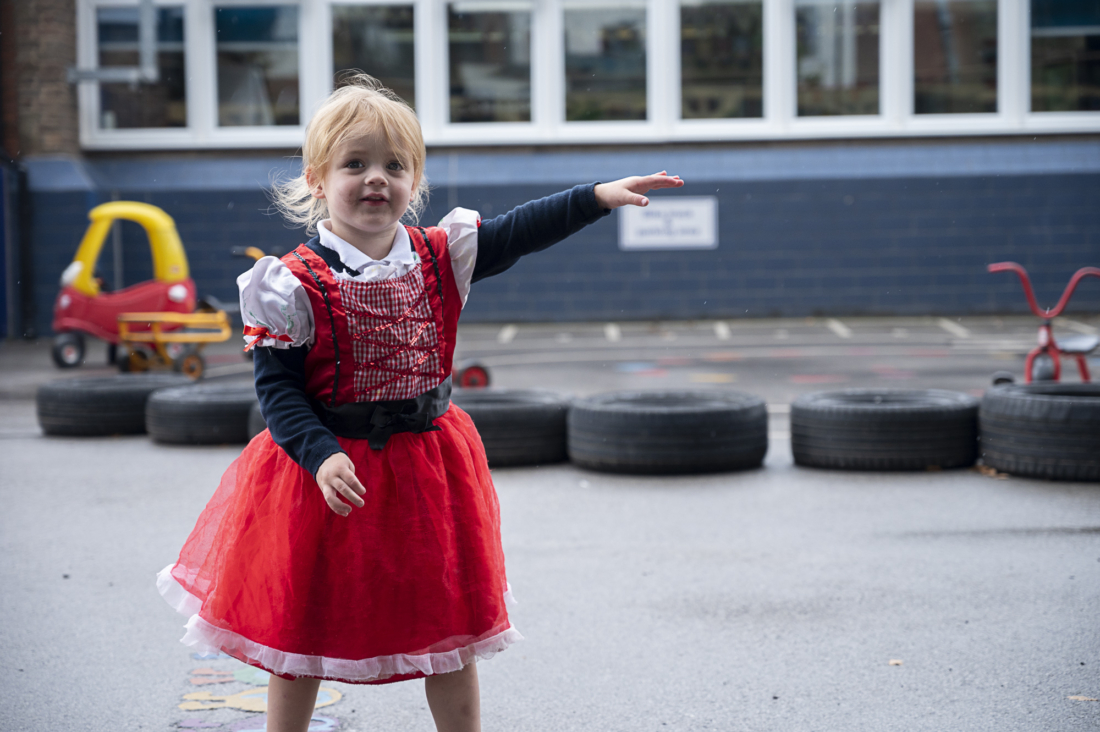
Reception Curriculum
All practitioners are responsible and contribute to the assessment of learning for all children through recorded observations.
The school uses tapestry to record all observations and link to ages and stages. Parents are encouraged to share their learning journey through tapestry.
We have designed a curriculum that is personal and meaningful for the children who attend Thorpepark Academy.
It builds on the children’s personal experiences from home and extends their understanding of the world around them.
They have the opportunity to learn about their local community, what they see on their way to school, special places and people who can help them in their local area.
This learning extends to the wider world as the year progresses where the children have the opportunity to learn about cultures and communities that differ from their own.
We delve into the past, learning about how transport has changed throughout the years and special people who have shaped history. The curriculum has been carefully designed to prepare the children for National Curriculum subjects in Key Stage 1 and 2. Topics taught feed into each group to ensure children can build on prior knowledge.
At Thorpepark Academy we promote a love of reading from the very start. In the Early Years Foundation Stage we expose the children to a range of fiction and non-fiction books which enriches their vocabulary and storytelling language.
This progresses through the Early Years Foundation Stage to enable the children to recall key events and characters of familiar stories. This enables the children in Reception to express their own ideas and imagination and become authors of their own stories.
“Leaders prioritise pupils’ well-being.”
“Parents work in partnership with leaders and staff.”
“The school’s offer for pupils’ personal development is exceptional.”
“Pupils often benefit from bespoke plans which are matched to their needs.”
“Pupils learn about people and places from their local area in all subjects.”
“By the end of key stage 2 pupils have secure knowledge in English and mathematics.”
“Many parents appreciate the adult learning and volunteering opportunities available to them.”
“Extra-curricular clubs are carefully chosen to stretch individual pupils’ talents in music, sport and other areas, including sewing.”
“Leaders know the pupils, their families and the community very well.”
“Pupils thrive at Thorpepark Academy.”
“The curriculum for pupils with special educational needs and/or disabilities (SEND) is well designed.”
“Lots of initiatives are in place to encourage pupils’ love of reading.”
“Pupils are exposed to a wide range of high-quality books.”
“Leaders have ensured that the teaching of reading is strong.”
“Pupils are well prepared for secondary education.”
“Pupils are motivated to learn. They enjoy lessons and they achieve well.”
“Pupil ambassadors check on other pupils’ well-being.”
“Pupils are empathetic and show understanding of other pupils’ needs.”
“Pupils understand how to keep their minds and bodies healthy.”
“Leaders are committed to and highly skilled in supporting pupils who struggle to manage their own behaviour.”
“Pupils love the ‘Thorpepark 50’.”
“Pupils learn the importance of contributing to their community.”
“Leaders, including the trust, ensure that pupil, parent and staff well-being is a top priority.”
“Pupils enjoy being active citizens and getting paid in credits they can spend in the school shop.”
“Children in the early years get off to a good start.”
“Pupils know ways to raise their own self-esteem and that of others.”
“There is a truly inclusive ethos.”
“Leaders have designed the curriculum to develop pupils’ sense of belonging, identity and pride in being from Hull.”
“Pupil mentors support younger pupils and those new to the school.”
“Pupils are motivated to learn.”

